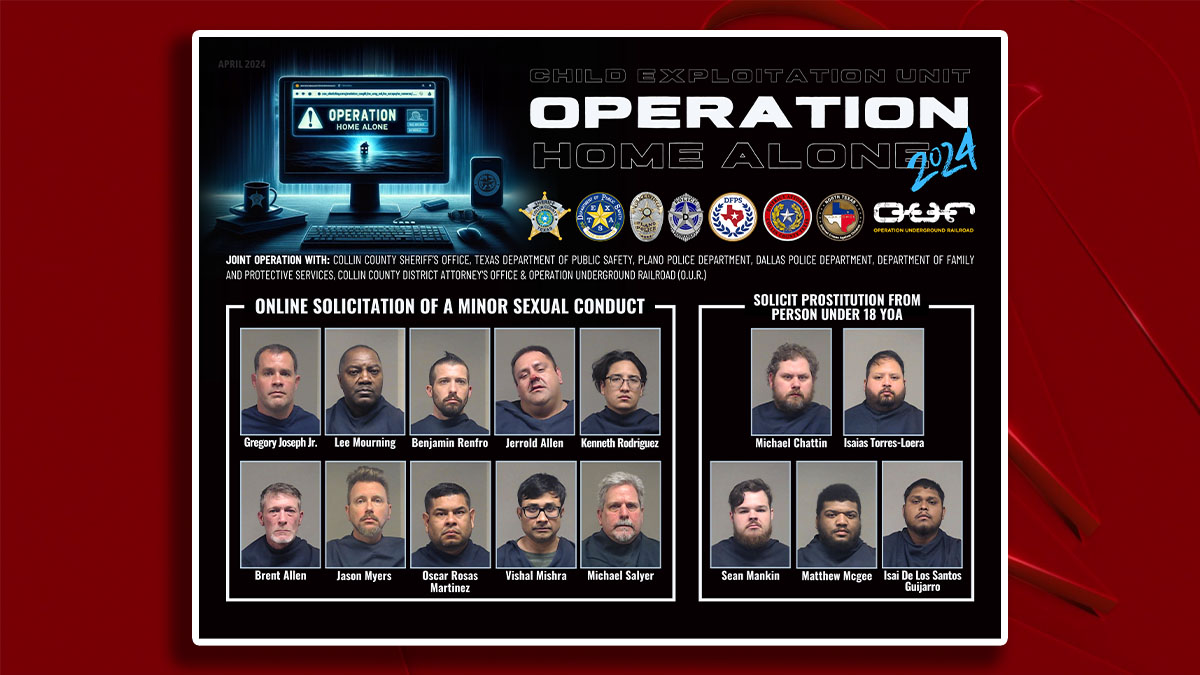Conflicting rulings about whether women should have to cross state lines to obtain an abortion could prompt the Supreme Court to take up its first case on the hot-button social issue since 2007.
The justices could say as soon as Friday whether they will hear cases from Texas and Mississippi that examine how states regulate abortion clinics. If they accept the cases, a decision on abortion, along with others on religious freedom and contraception under the Obama health care overhaul, affirmative action and perhaps even immigration, are likely to land in late June, roughly four months before the 2016 presidential election.
Two sets of judges on the same federal appeals court based in New Orleans came to different conclusions about regulation of abortion clinics in the two states.
One panel said a challenged law in Mississippi would close the state's only abortion clinic, and ruled it's a problem to make Mississippi women travel to Alabama, Louisiana or Tennessee to have an abortion.
Judge E. Grady Jolly of the 5th U.S. Circuit Court of Appeals relied on a civil rights ruling from 1938 when he wrote that "a state cannot lean on its sovereign neighbors to provide protection of its citizens' federal constitutional rights."
But a different panel of the same court upheld regulations in Texas, and said it's not a problem if women in West Texas have to cross into New Mexico to find an abortion clinic.
In an unsigned opinion, that panel said women in El Paso can travel to a suburban clinic in Santa Teresa, New Mexico, and "indeed, the evidence is many did just that."
Local
The latest news from around North Texas.
Whether a state can justify its restrictions by relying on the availability of abortion in neighboring states is just one of the questions facing the high court.
The big issue is whether the two states' laws impose what the court has called an undue burden on a woman's constitutional right to an abortion.
In its decision in Planned Parenthood v. Casey, in 1992, the court ruled that states generally can regulate abortion unless doing so places "an undue burden" on a woman's right to get an abortion. Casey was a huge victory for abortion-rights advocates because it ended up reaffirming the constitutional right to an abortion that the court established in Roe v. Wade in 1973.
In 2007, a divided court upheld a federal law that bans an abortion procedure that opponents call partial-birth abortion and opened the door to new limits on abortion.
Since then, states have enacted a wave of measures that have placed restrictions on when in a pregnancy abortions may be performed, imposed limits on abortions using drugs instead of surgery and raised standards for clinics and the doctors who work in them.
In Texas, the fight is over two provisions of the law that Gov. Rick Perry signed in 2013. One requires abortion facilities to be constructed like surgical centers. The other allows doctors to perform abortions at clinics only if they have admitting privileges at a local hospital.
The Mississippi law only involves admitting privileges.
Backers of the regulations say they are common-sense measures intended to protect women. Abortion rights groups say the regulations have only one aim: to make it harder, if not impossible, for women to get abortions.
The Texas law already has forced more than half the state's abortion clinics to close, leaving 19 clinics to serve 5.4 million women of reproductive age, according to the Center for Reproductive Rights.
The surgical center provision has been put on hold by the Supreme Court. But if it is allowed to take effect, the clinics say Texas would be left with just 10 abortion clinics, none of them west of San Antonio and just one operating on a limited basis in the Rio Grande Valley.
In urging the court to reject the clinics' appeal, Texas says 12 clinics would remain, counting the New Mexico facility and an additional clinic in San Antonio.
In June, the justices granted an emergency appeal to put new clinic regulations on hold temporarily while the clinics appealed to the high court.
The four more conservative justices, Chief Justice John Roberts, Samuel Alito, Antonin Scalia and Clarence Thomas, voted to let the law take full effect.
In an earlier emergency appeal, the court voted against the clinics over the objections of the four more liberal justices, Stephen Breyer, Ruth Bader Ginsburg, Elena Kagan and Sonia Sotomayor.
That split means Justice Anthony Kennedy holds the key vote, as he does on so many pressing issues before the court.
Kennedy was one of the three authors of the Casey opinion. He also wrote the opinion eight years ago that upheld the federal abortion restriction.



